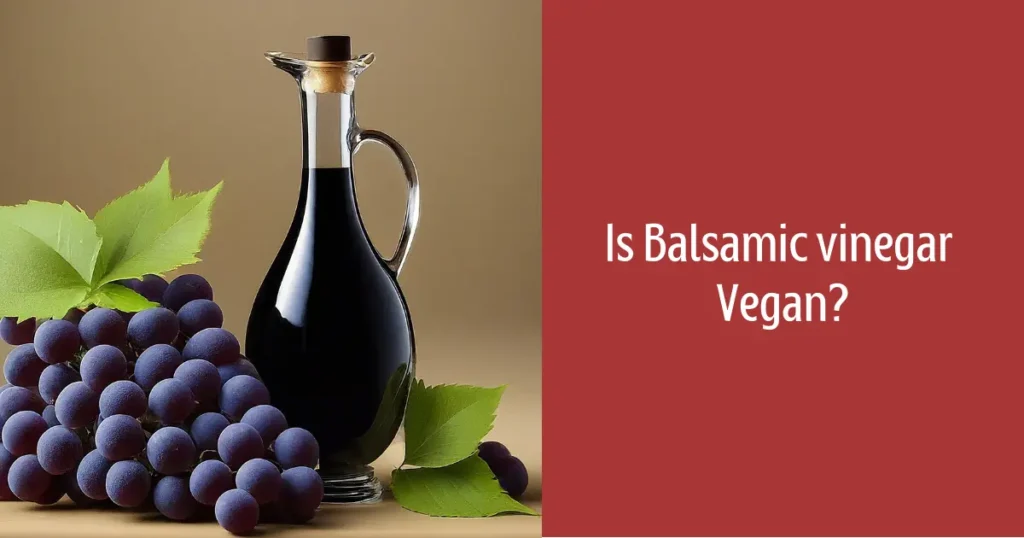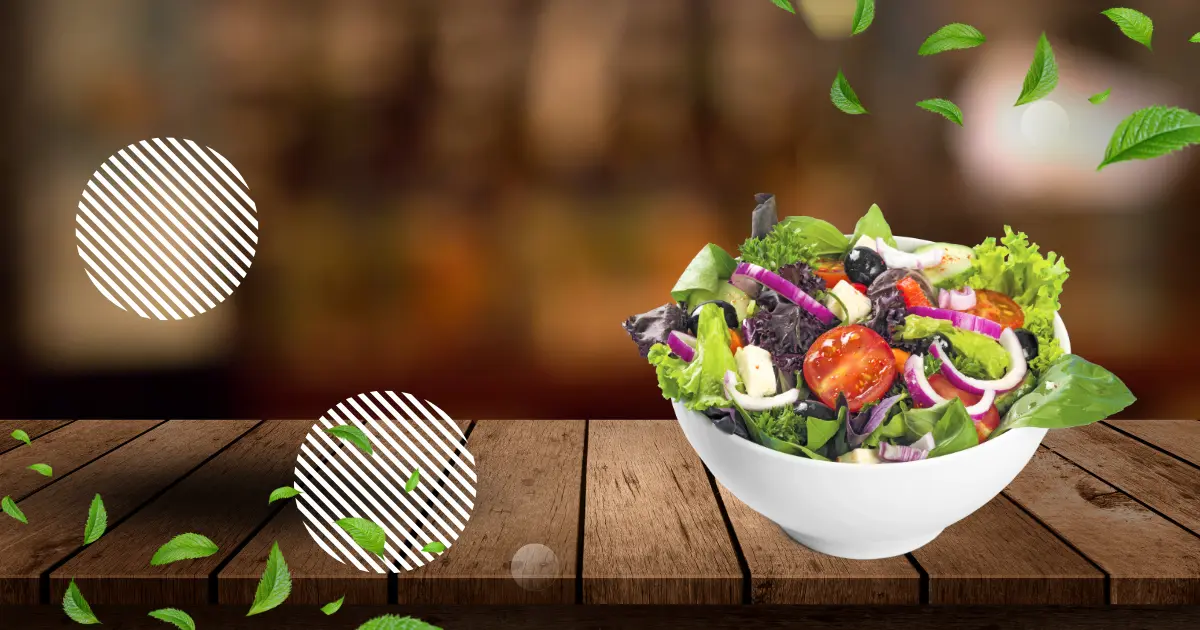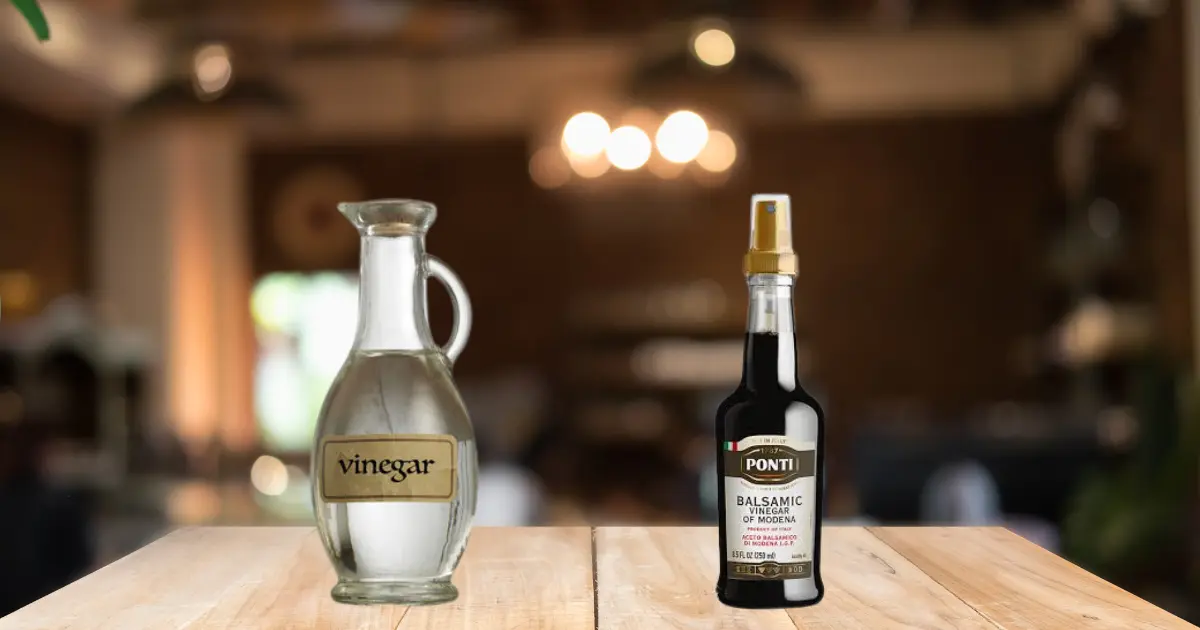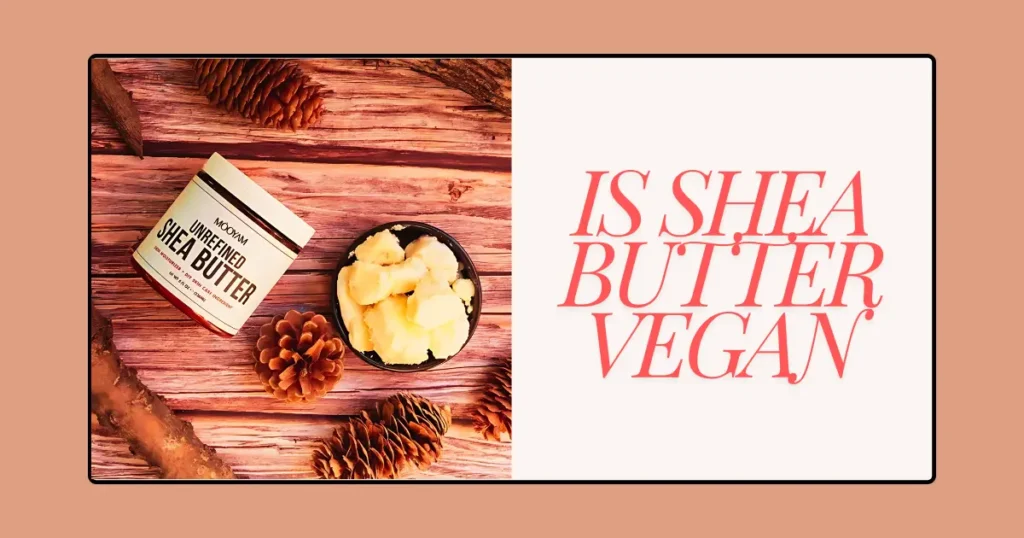Balsamic vinegar is a popular condiment with a rich history, widely used in salad dressings, marinades, and various culinary dishes. Originating from Italy, it is traditionally made from grape must, which is boiled down and aged to develop its distinct flavor. Then a question comes to mind, Is balsamic vinegar vegan? Traditional balsamic vinegar is vegan, but modern versions may contain non-vegan additives, so it’s essential to check the ingredients.
History and Origin of Balsamic Vinegar
Balsamic vinegar has deep roots in Italian culinary tradition, particularly in the regions of Modena and Reggio Emilia. Ancient Romans created a sweet syrup known as “saba” by boiling down grape must (juice). They used this syrup both as a condiment and for its medicinal properties.
During the Middle Ages, vinegar production evolved in Italy, with monasteries playing a key role in refining techniques for fermenting and aging grape must into vinegar. By the Renaissance period, vinegar-making had become more refined, and the production of what we now recognize as balsamic vinegar began to take shape.
The traditional process involves slow aging in wooden barrels, typically made from oak, chestnut, cherry, or mulberry wood. This aging process can span several years to several decades, during which the vinegar develops its complex flavors and aromas through evaporation and oxidation.
Producers began commercially making balsamic vinegar in the late 1800s, leading to its export and increasing popularity outside of Italy. Today, people cherish balsamic vinegar not only for its culinary uses but also for its cultural significance in Italian cuisine and its perceived health benefits.
Evolution and Cultural Significance
Producers initially made balsamic vinegar as a luxury item in small quantities, reserving it for the wealthy. People often gave it as a gift to mark significant events such as weddings and births. Over time, they refined their production techniques, leading to the creation of two distinct types: traditional and modern balsamic vinegar. Each type has its own unique characteristics and production methods, which reflect the evolution of this cherished condiment.
Traditional Balsamic Vinegar vs Modern Balsamic Vinegar
Traditional Balsamic Vinegar (Aceto Balsamico Tradizionale)
Producers make traditional balsamic vinegar exclusively from grape must, which includes freshly crushed grape juice along with all the skins, seeds, and stems. The must is cooked slowly until it reduces and thickens into a syrup called “mosto cotto.” Producers then ferment and age this syrup for a minimum of 12 years, and sometimes up to 25 years or more, in a series of wooden barrels. Each barrel, made from a different type of wood such as oak, cherry, and chestnut, imparts unique flavors to the vinegar as it ages.
Modern Commercial Balsamic Vinegar (Aceto Balsamico di Modena)
Modern balsamic vinegar, often labeled as “Aceto Balsamico di Modena,” is typically a blend of grape must and wine vinegar. The production process is faster and less labor-intensive than that of traditional balsamic vinegar. It involves adding caramel for color and thickening agents to mimic the texture of the aged product. Manufacturers usually age this type of balsamic vinegar for a much shorter period, often just a few months to a couple of years.
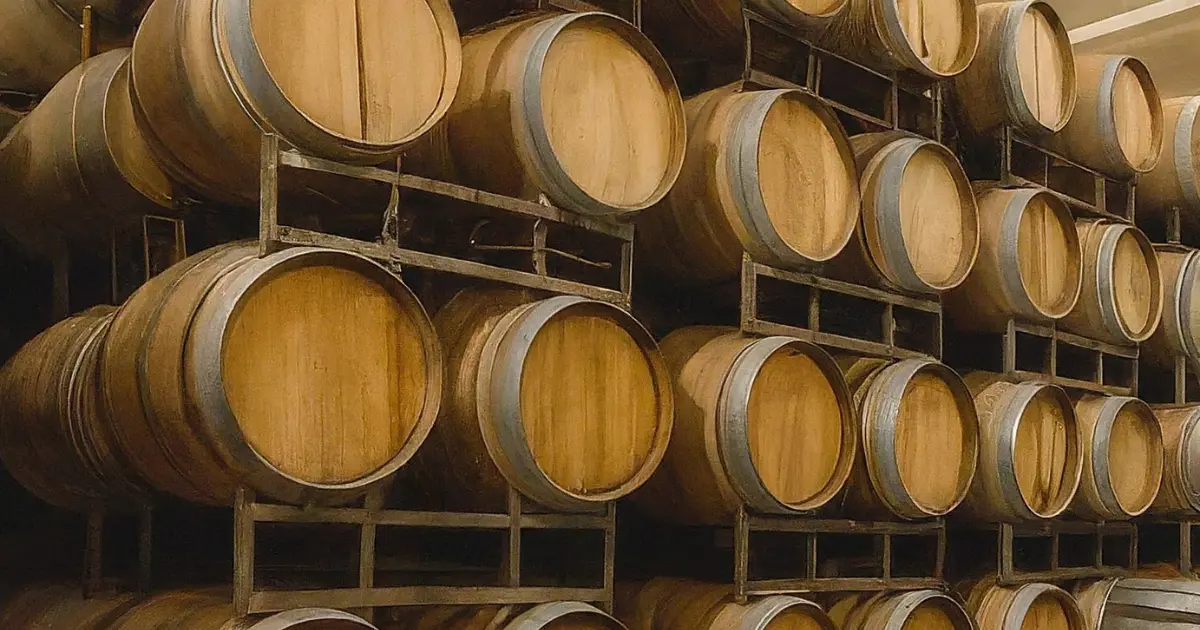
Production Methods and Aging Processes
Balsamic Vinegar Ingredients
- Grape Must(Vegan): Traditional balsamic vinegar primarily uses grape must, made from crushed grape juice, including skins, seeds, and stems, which manufacturers then cook down and age.
- Wine Vinegar(Vegan): Used in many modern balsamic vinegars, wine vinegar is made from fermented wine. Although the wine-making process may involve animal-based fining agents, the vinegar itself is typically vegan.
- Caramel Coloring(Potentially Non-Vegan): This ingredient is added to some balsamic vinegar for color enhancement. While caramel coloring is usually vegan, some production methods might involve non-vegan processes, such as the use of bone char.
- Thickeners (Depends): Thickeners like xanthan gum are added to improve the texture of balsamic vinegar. Xanthan gum is generally vegan, though it can occasionally be derived from non-vegan sources like dairy.
- Preservatives (Vegan): Sulfites are preservatives used to extend the shelf life of balsamic vinegar. They are synthetic compounds and do not involve animal products.
Common Non-Vegan Additives to Look Out For
Identification of Non-Vegan Additives
- Caramel and Caramel Coloring: Caramel is used to darken and sweeten balsamic vinegar. While caramel coloring is typically vegan, caramel itself may be made with milk or cream.
- Food Coloring: Some food colorings may use animal-derived ingredients or be processed using bone char.
- Thickeners: Gelatin is a common thickener that is not vegan. Other thickeners, such as xanthan gum, may or may not be vegan depending on their source.
Tips for Avoiding Non-Vegan Ingredients
- Read Labels Carefully: Look for balsamic vinegar that explicitly states it is vegan.
- Contact Manufacturers: If you’re unsure, contact the manufacturer to confirm whether their product is vegan.
- Opt for Traditional Varieties: Traditional balsamic vinegar is a safe choice as it is made purely from grapes without any additives.
Is Balsamic Vinegar Vegan
Health Benefits and Culinary Uses
Nutritional Profile and Health Perks
Balsamic vinegar is low in calories and contains no fat, making it a healthy addition to various dishes. This vinegar’s high antioxidant content helps protect your cells from damage.
Health Advantages
- Antioxidant Properties: The polyphenols in balsamic vinegar have antioxidant properties that help protect cells from damage.
- Digestive Benefits: Acetic acid in balsamic vinegar aids digestion and promotes a healthy gut microbiome.
- Heart Health: Regular consumption of balsamic vinegar may help lower cholesterol levels and improve heart health.
Culinary Applications and Recipe Ideas
Various Ways to Use Balsamic Vinegar
Balsamic vinegar’s versatility makes it a staple in many kitchens. It can be used in:
- Salad Dressings: Mix with olive oil, salt, and pepper for a simple vinaigrette.
- Marinades: Use it to marinate vegetables, tofu, or plant-based proteins.
- Glazes: Reduce balsamic vinegar to create a thick glaze for drizzling over roasted vegetables or desserts.
- Sauces: Incorporate it into sauces for a tangy flavor boost.
Recipe Suggestions
- Balsamic Glazed Brussels Sprouts: Roast Brussels sprouts with a balsamic reduction for a delicious side dish.
- Strawberries with Balsamic Vinegar: Drizzle balsamic vinegar over fresh strawberries for a simple, elegant dessert.
- Caprese Salad: Mix together ripe tomatoes, fresh basil, vegan mozzarella, and a drizzle of balsamic vinegar and olive oil.
Selecting and Storing Balsamic Vinegar
Tips for Choosing High-Quality Balsamic Vinegar
- Check the Label: Look for “Aceto Balsamico Tradizionale” to ensure you are getting traditional balsamic vinegar.
- Inspect the Ingredients: High-quality balsamic vinegar should list grape must as the primary ingredient without added sugars or thickeners.
- Look for Certifications: Authentic traditional balsamic vinegar will have a D.O.P. (Denominazione di Origine Protetta) certification.
Importance of Certifications and Labels
Certifications and proper labeling help ensure the authenticity and quality of balsamic vinegar. The D.O.P. certification guarantees that the vinegar was produced in a specific region of Italy using traditional methods.
Best Practices for Storing Balsamic Vinegar
- Store in a Cool, Dark Place: Keep balsamic vinegar away from direct sunlight and heat to preserve its flavor.
- Use an Airtight Container: Seal the bottle tightly to prevent oxidation and evaporation.
Understanding Shelf Life
Balsamic vinegar lasts indefinitely when stored correctly. However, its flavor may change over time. Traditional balsamic vinegar, with its high acidity and sugar content, can last for many years, while modern varieties should be used within a few years of purchase.
Exploring Alternatives to Balsamic Vinegar
Alternative Options
- Red Wine Vinegar: A tangy substitute that can be used in salad dressings and marinades.
- Apple Cider Vinegar: Offers a fruity flavor and can be used in similar applications as balsamic vinegar.
- Rice Vinegar: Milder and sweeter, suitable for Asian-inspired dishes.
Using Alternatives
When substituting balsamic vinegar, consider adjusting the quantity to match the flavor intensity. For example, use less red wine vinegar or apple cider vinegar in recipes to achieve a similar taste.
Comparison Table: Traditional vs. Modern Balsamic Vinegar
| Aspect | Traditional Balsamic Vinegar | Modern Balsamic Vinegar |
| Production Method | Made exclusively from cooked grapes must | A blend of grape must and wine vinegar may include additives |
| Aging Process | Aged for at least 12 years in barrels made of wood | Aged for several months to a couple of years |
| Ingredients | 100% grape must | Grape must, wine vinegar, caramel, thickeners |
| Vegan Status | Always vegan due to pure grape must composition | May not be vegan due to additives like caramel and thickeners |
| Price | Expensive due to the long aging process | More affordable, mass-produced |
| Culinary Uses | Finishing dishes, drizzling over fruits and cheeses | Salad dressings, marinades, general cooking |
Balsamic vinegar Availability
You can find balsamic vinegar at a variety of stores and online retailers in the USA. Here are some specific options:
Brick-and-Mortar Stores
- Whole Foods Market
- Offers a variety of high-quality and organic balsamic vinegars.
- Trader Joe’s
- Known for its affordable and unique food items, including balsamic vinegar.
- Walmart
- Carries a range of balsamic vinegars, from budget-friendly options to premium brands.
- Kroger
- Provides various brands and types of balsamic vinegar.
- Safeway
- Stocks different balsamic vinegar products, including both traditional and modern varieties.
- Costco
- Often sells large bottles of balsamic vinegar, suitable for frequent use.
Specialty Stores
- Williams Sonoma
- High-end culinary store with premium balsamic vinegars.
- Sur La Table
- Offers a selection of gourmet balsamic vinegars.
- Italian Specialty Markets
- Stores like Eataly often carry authentic balsamic vinegars from Italy.
Online Retailers
- Amazon
- Wide selection of balsamic vinegars, including traditional, organic, and flavored varieties.
- Thrive Market
- Online health food store that offers organic and vegan balsamic vinegar options.
- Vitacost
- Online retailer that sells various health and wellness products, including balsamic vinegar.
- Napa Valley Naturals
- Offers a range of premium vinegars, including balsamic, available for purchase online.
- Lucini Italia
- Known for their high-quality, artisanal balsamic vinegars, available on their website.
To sum up, traditional balsamic vinegar is vegan because it uses only grape must and is aged without animal ingredients. Modern balsamic vinegar, like “Aceto Balsamico di Modena,” might include non-vegan additives. Always read labels or reach out to manufacturers to make sure it’s vegan. Knowing the differences between traditional and modern varieties lets you choose the best option for your vegan lifestyle. Relish the unique taste of balsamic vinegar in your vegan meals, knowing you’ve made an informed choice.
Q&A section
Q1: What is balsamic vinegar made from?
- Balsamic vinegar is traditionally made from grape must (juice) that is cooked down and then fermented and aged.
Q2: Why might balsamic vinegar be questioned as vegan?
- Some commercial varieties of balsamic vinegar may include additives or processes that are not vegan-friendly, such as honey or animal-derived clarifying agents.
Q3: Is traditional balsamic vinegar vegan?
- Yes, traditional balsamic vinegar, especially from regions like Modena or Reggio Emilia in Italy, is typically vegan as it only contains grape must and does not involve animal-derived ingredients.
Q4: Are there non-vegan ingredients in some balsamic vinegars?
- Yes, some flavored or commercial balsamic vinegar may include non-vegan ingredients like honey for flavoring or animal-derived clarifying agents.
Q5: How can I identify vegan-friendly balsamic vinegar?
- Look for products labeled as vegan or check the ingredients list to ensure there are no animal-derived additives or flavorings.
Q6: Is Newman’s Own Balsamic Vinaigrette vegan?
- Specific products may vary, but typically Newman’s Own Balsamic Vinaigrette does not contain animal-derived ingredients, though it’s advisable to check the label for certainty.
Q7: What makes vinegar not vegan?
- Vinegar may not be vegan if it contains additives like honey or if manufacturers process it using animal-derived substances such as isinglass (from fish), gelatin, or egg whites.
Q8: Which balsamic vinegar brands are popular among vegans?
- A: Brands like Lucini Italia, California Balsamic, and Napa Valley Naturals offer vegan-friendly balsamic vinegar options that are widely available.
Q9: Can I use balsamic vinegar in vegan recipes?
- Yes, traditional balsamic vinegar can enhance the flavors of many vegan recipes as both a flavor booster and a dressing component.
Q10: Why is balsamic vinegar not alcoholic?
-
Balsamic vinegar does not contain alcohol because, during production, the sugars in the grape must undergo fermentation, which converts them into acetic acid, thereby eliminating any alcohol content.
Q11: Who should avoid balsamic vinegar?
- People with acid reflux or gastroesophageal reflux disease (GERD) should avoid balsamic vinegar due to its acidity. Additionally, individuals with allergies to grapes or sulfites, which are sometimes present in vinegar, should also steer clear.
Q12: What is the problem with balsamic vinegar?
- The main problem with balsamic vinegar is its high acidity, which can cause discomfort for people with acid reflux or sensitive stomachs. Additionally, some commercial varieties contain added sugars, caramel coloring, or sulfites, which may not be suitable for everyone.
Q13: Is balsamic inflammatory?
-
People generally consider balsamic vinegar anti-inflammatory because its antioxidants can help reduce inflammation in the body. However, its high acidity may irritate individuals with certain digestive issues.
Q14: Is it bad to eat balsamic vinegar every day?
- Eating balsamic vinegar every day is generally safe in moderation and can offer health benefits like antioxidants. However, its high acidity may cause digestive discomfort for some people, particularly those with acid reflux or sensitive stomachs.
Q15: Is Balsamic vinegar vegan?
-
Yes, people typically consider balsamic vinegar vegan. Producers make it primarily from grape must (juice), which they ferment and age without adding animal-derived ingredients in its traditional form. However, checking labels is advisable for flavored or commercial varieties, as they may contain additives that aren’t vegan-friendly.

